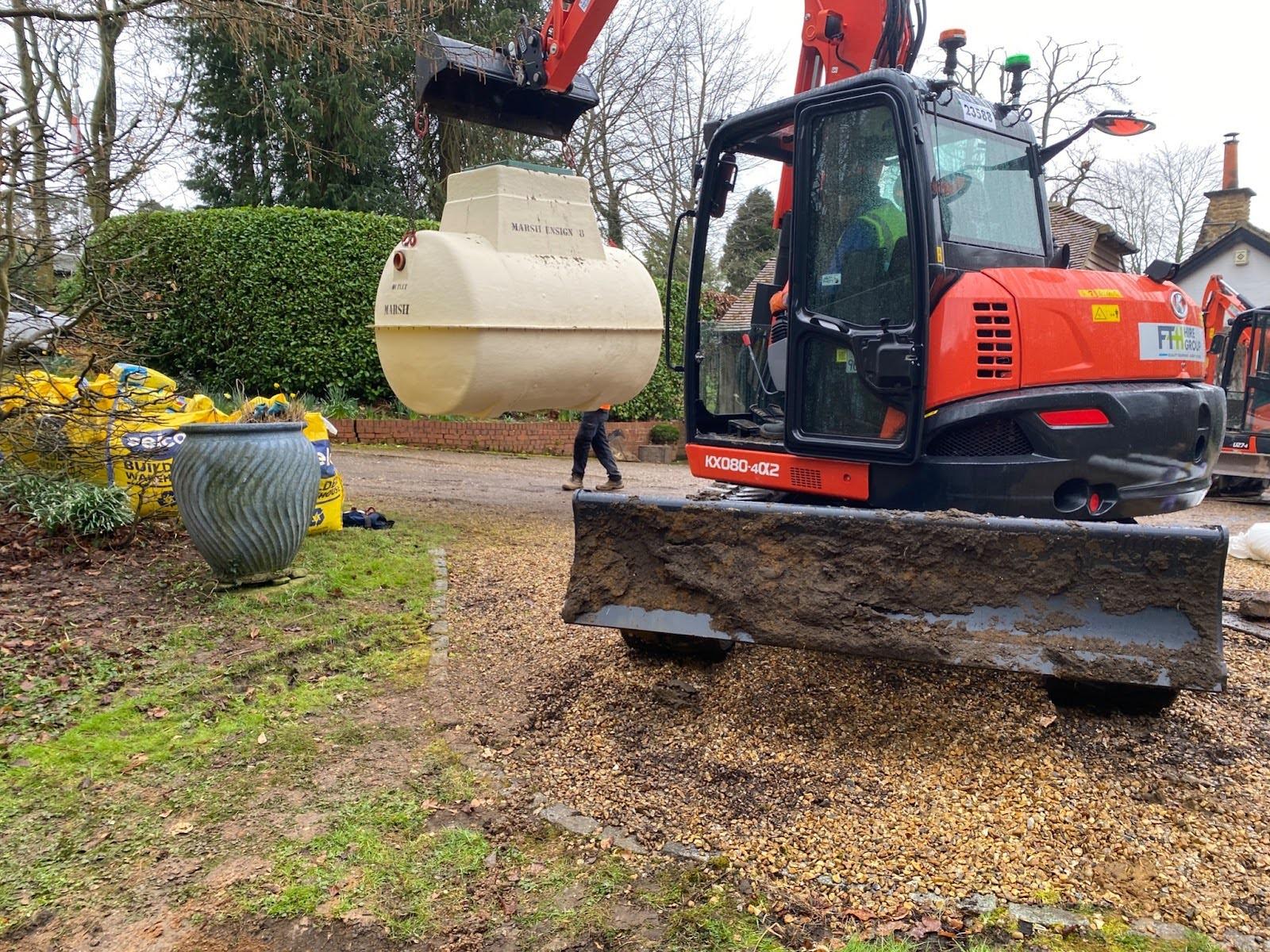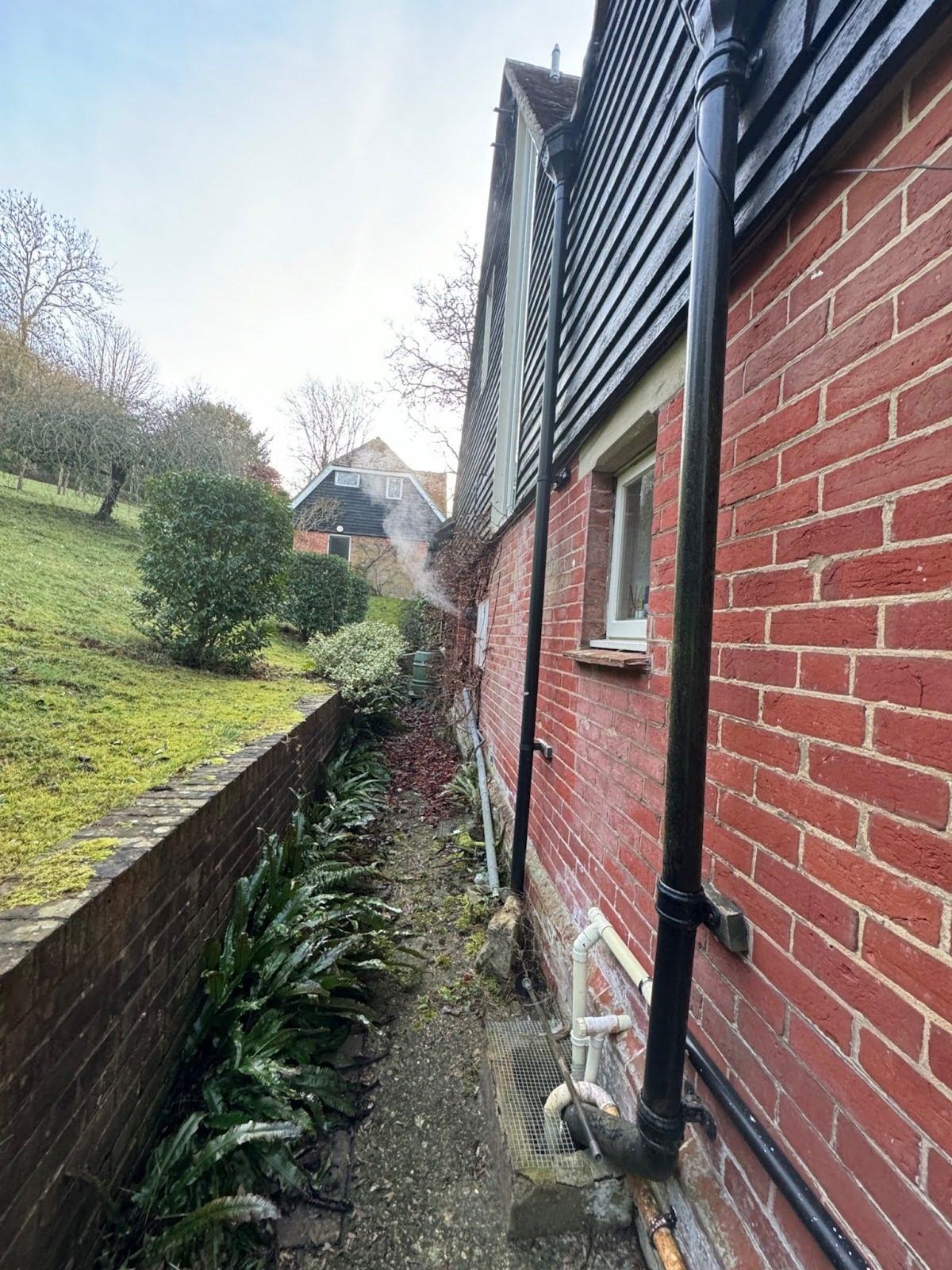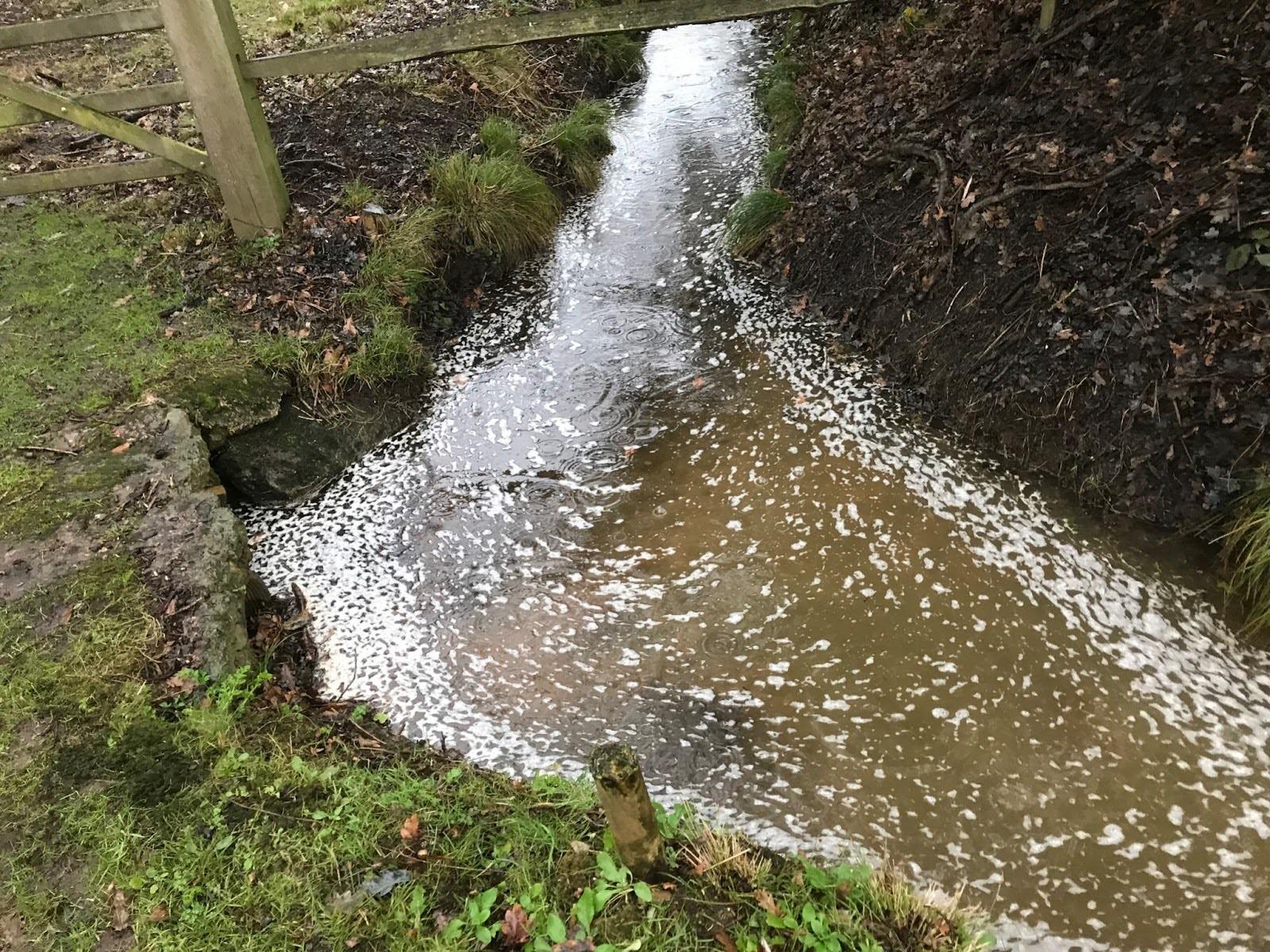The Importance of Expert Knowledge & Advice on Drainage
When it comes to customer service, especially when dealing with private drainage issues, the key skills are problem-solving, relationship-building, and product knowledge. A customer drainage support professional needs to be well-versed in their field and be able to handle any problems the customer may have. The more training and time learning in their specialism, the better equipped they’ll be to provide excellent service.

Our team of experts take great pride in being extremely knowledgeable in one of the biggest threats to public and private treatment plant systems and are here to advise customers. These threats can come from various sources, including surface and roof water, fat grease and oil, poor maintenance or no maintenance, and poor communication between the tank emptying and the maintenance team.
One of the most common mistakes is connecting roof water to private sewage inspection chambers, pipes leading to a private treatment plant or septic tank. This can lead to a significant increase in the amount of water entering the system, which can overwhelm it and cause problems with separation and treatment.
When making any changes to your property that will impact drainage, contacting a specialist should always be the first port of call.

Our teams take great care to remove roof water that’s been mistakenly connected to private sewage inspection chambers, pipes leading to a private treatment plant or septic tank. Especially a pumping chamber discharging to the public sewers because it can cause a lot of damage to the system. The septic tank or treatment plant has little or no separation and low-quality treatment. When it rains heavily, the system can’t handle the extra water. This pollutes the land, rivers, and sea. Rainwater can double or quadruple the designed or expected flow.

Public treatment works can also be affected if surface water or rainwater are mistakenly connected. Or with wrongly designed or ill-fitting inspection chamber lids or kitchen gullies wrongly designed for surface water.
These issues refer to commercial, private, or council houses connected directly or indirectly into the sewer drains leading to the public treatment plant, which can cause problems with separating and, as a result, contaminate the already treated water. If the rainwater comes in a big rush, like during heavy rain or a storm, the incoming water can stir up the primary settlement chambers, destroying any separation that will not be able to settle, polluting any already treated sewage water in the last chamber at the point of discharge, and consequently polluting the rivers, streams, and seas.
If public treatment works are at full capacity during sunny days, they are more vulnerable. Without enough space or separation, suspended solids and fats can pass through the chambers and keep going to the discharge point, where they can pollute streams and rivers.
To ensure protection of our waterways, you should always consult an expert for advice and recommendations. Get in touch with our friendly team to find out how we can help.

